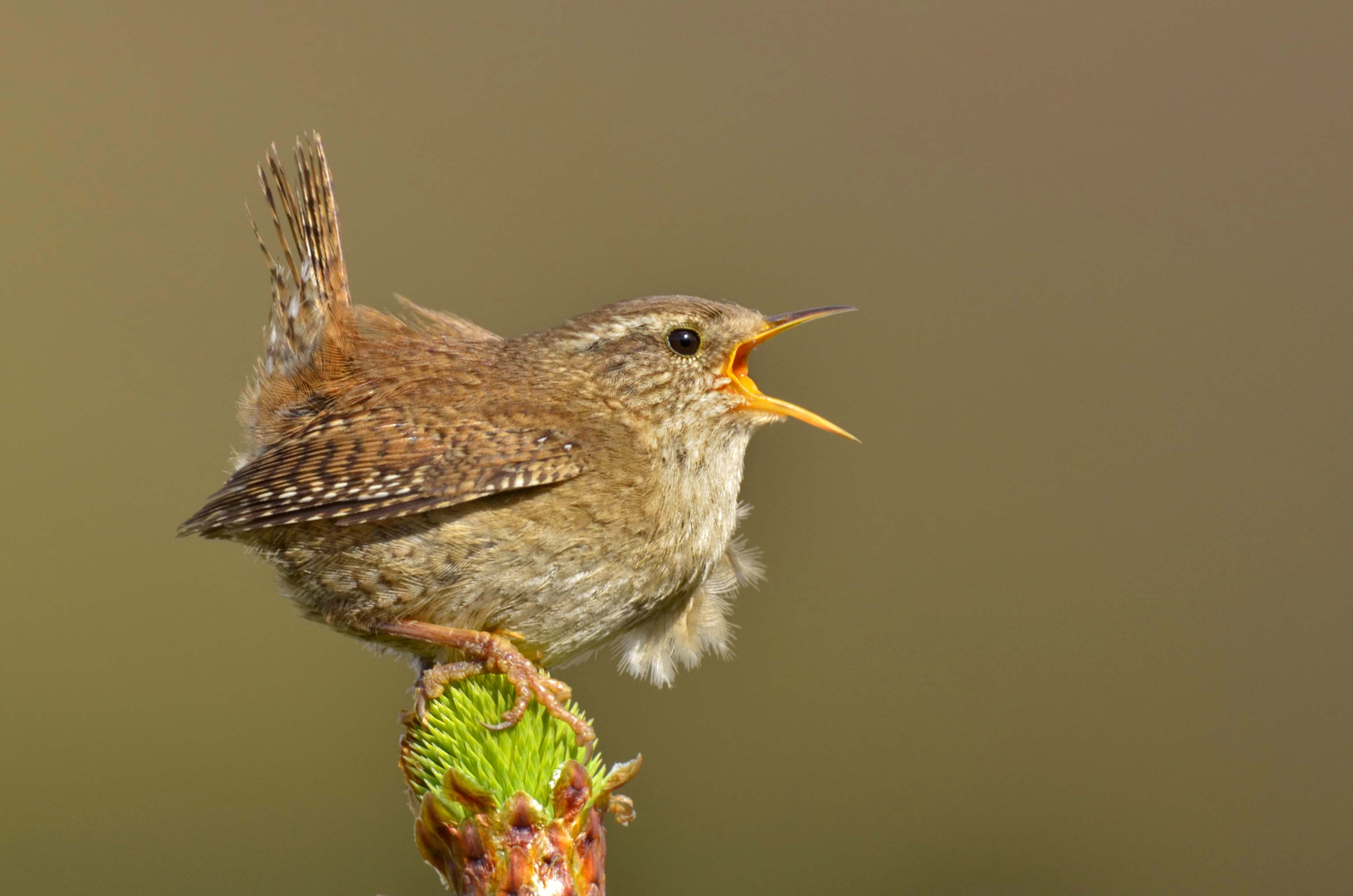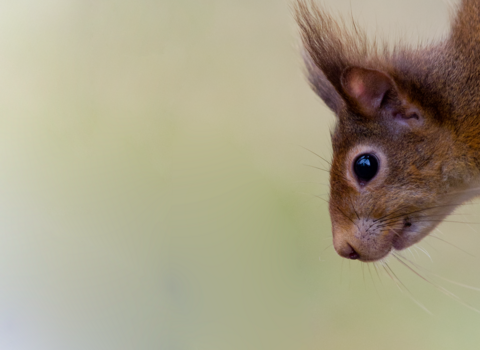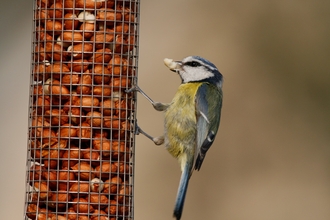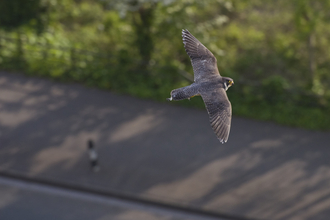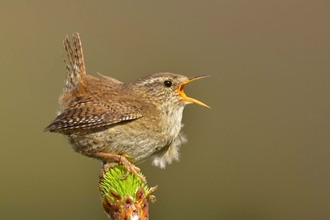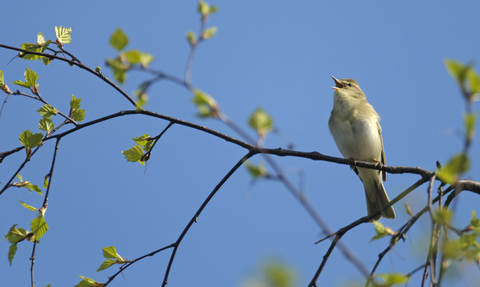
Chris Gomersall/2020VISION
Identify bird song
What birds have you been hearing?
We've got our feathered friends to thank for the beautiful soundtracks of our parks and gardens. Learn to tell apart some of the most common and distinct UK bird song with our easy guide. Birds use song during mating season to attract mates as well as using it as a tool to defend their territories. Take a listen to some of the most familiar songs below.
Blackbird
An early riser, with a clear and confident voice. The beautiful song is low-pitched and given in short, fluty verses that seem to stop abruptly. Unlike the song thrush, blackbirds don't repeat their verses. Take a listen...
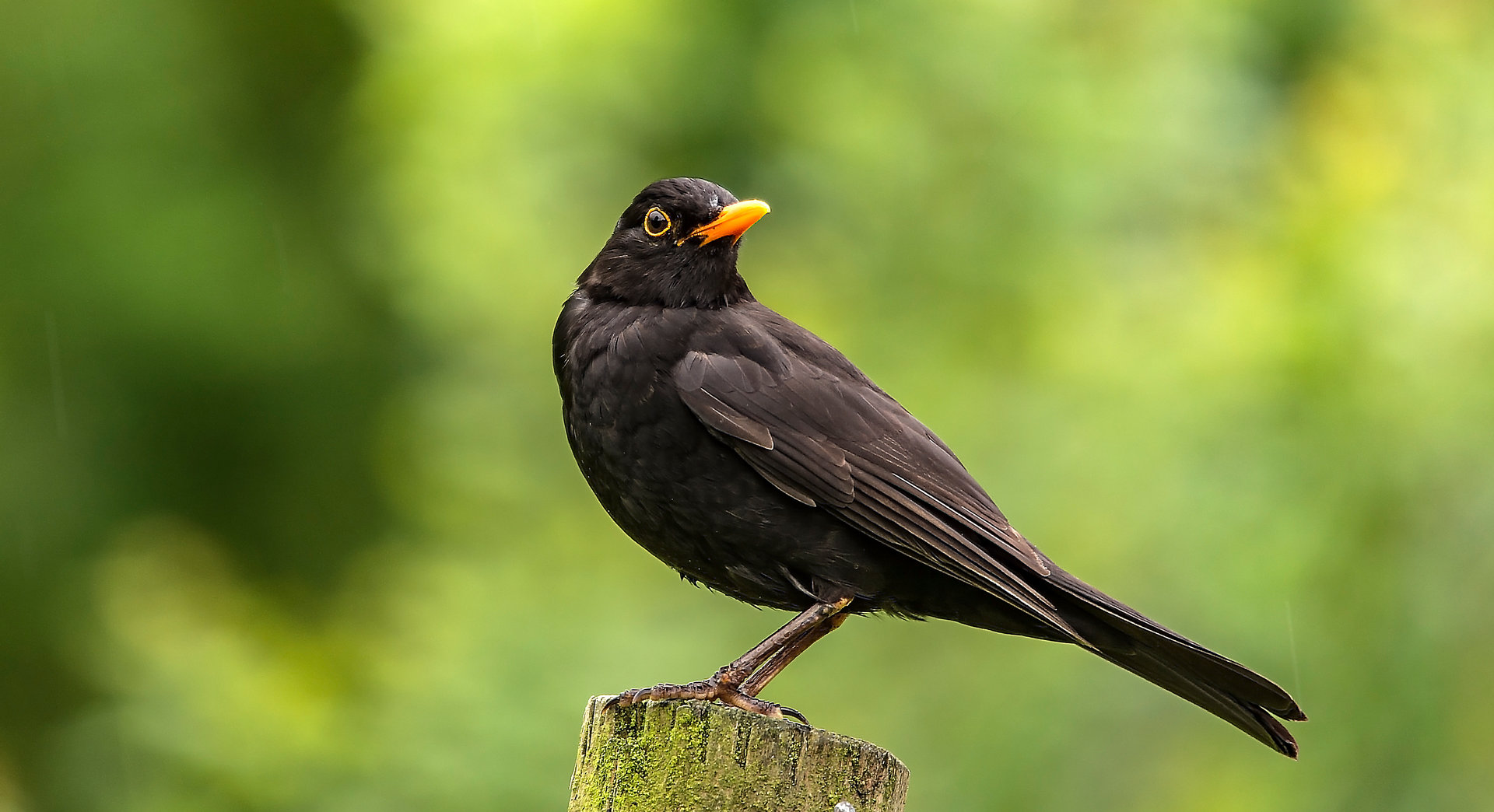
Mistle thrush
Mistle thrushes begin to sing in winter, often from the top of a tall tree. The song is similar to a blackbird's, but rather than ending abruptly the mistle thrush trails off almost absentmindedly. Take a listen...
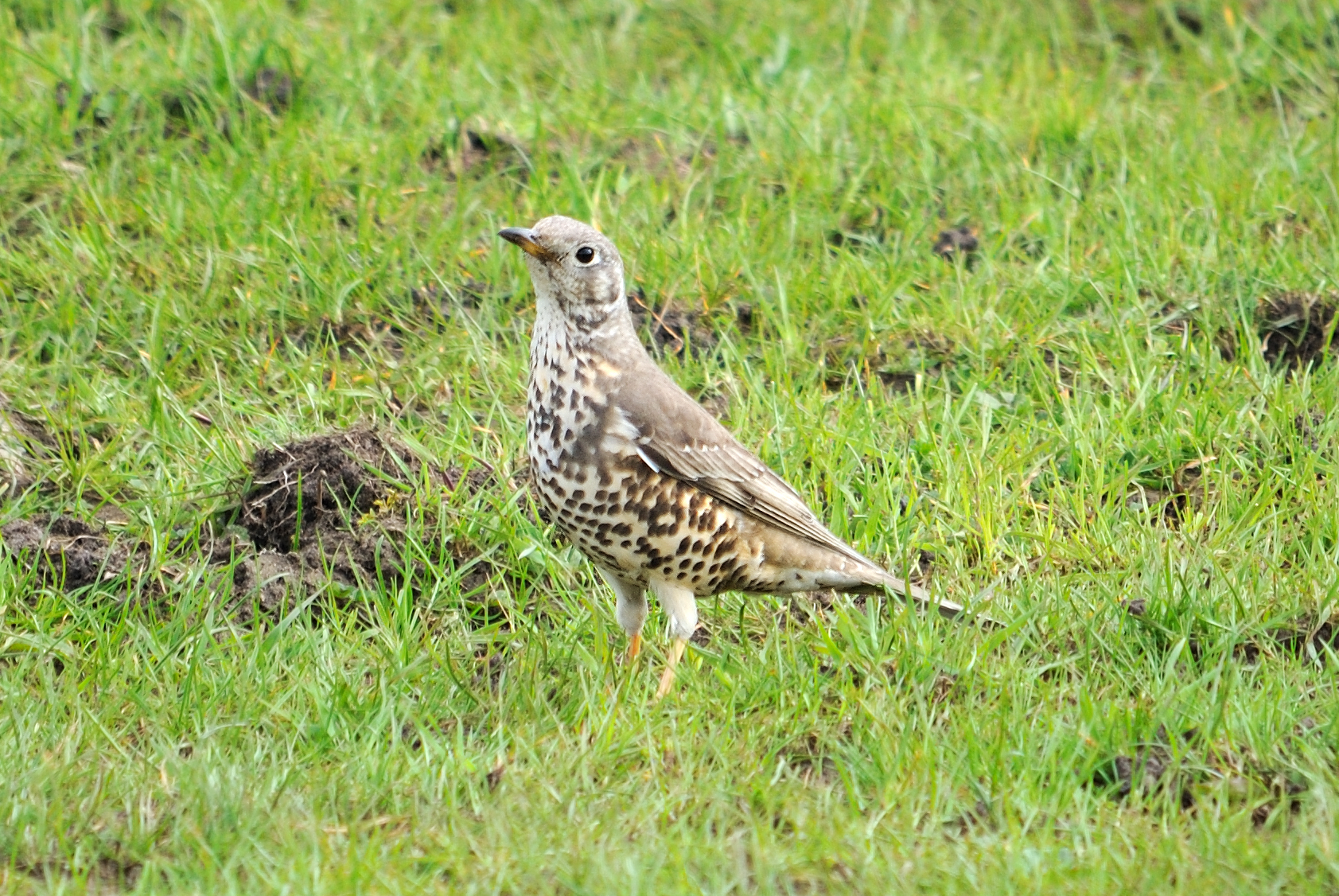
Song thrush
Often the most confident voice in the dawn chorus, and one of the earliest to start singing. Listen for loud, clear verses repeated 2-4 times. Take a listen...
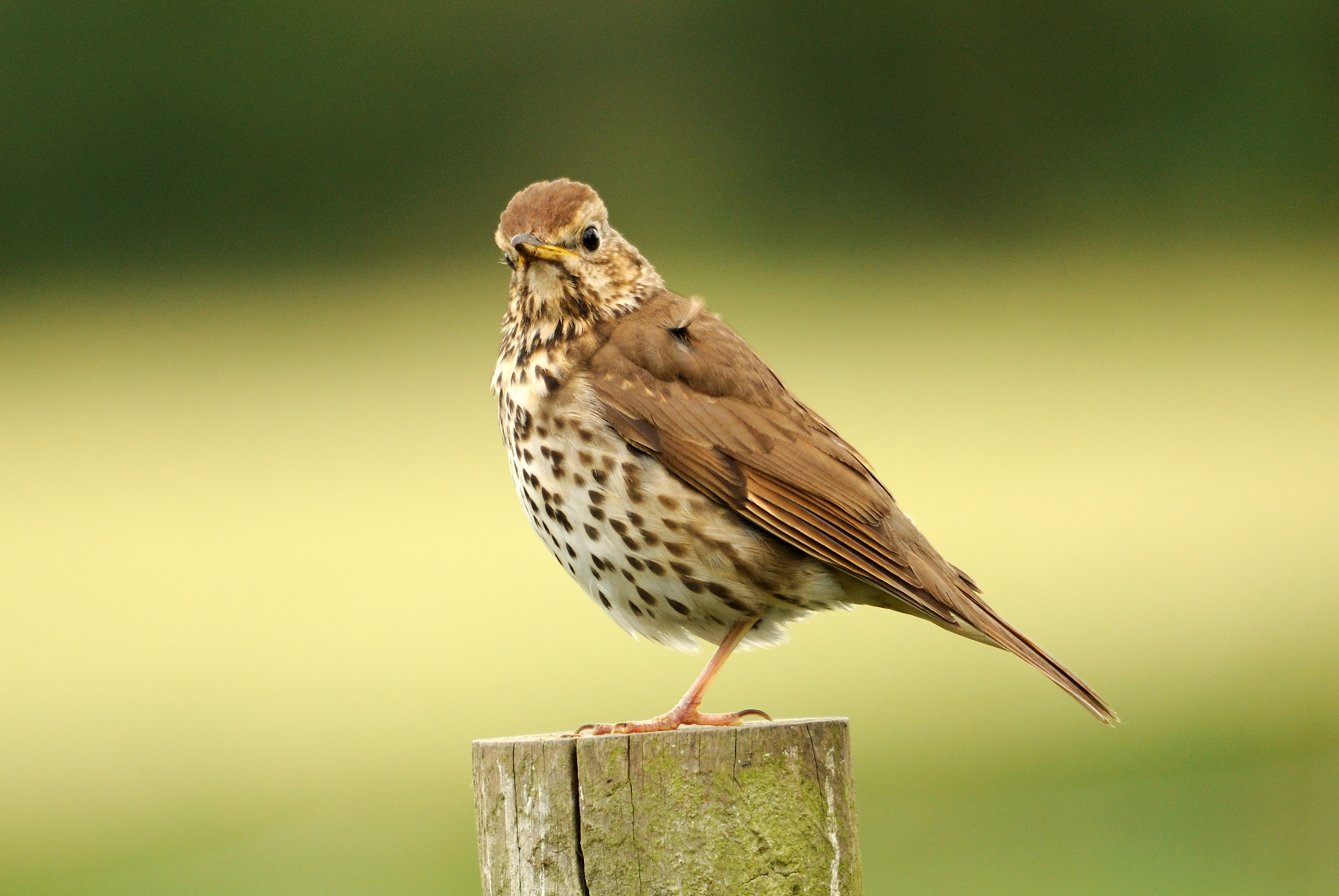
Robin
Like the larger thrushes, robins start singing early in the morning. The song is clear and beautiful, comprised of rippling notes and whistles. Robins are one of the few birds to sing all through winter. Take a listen...
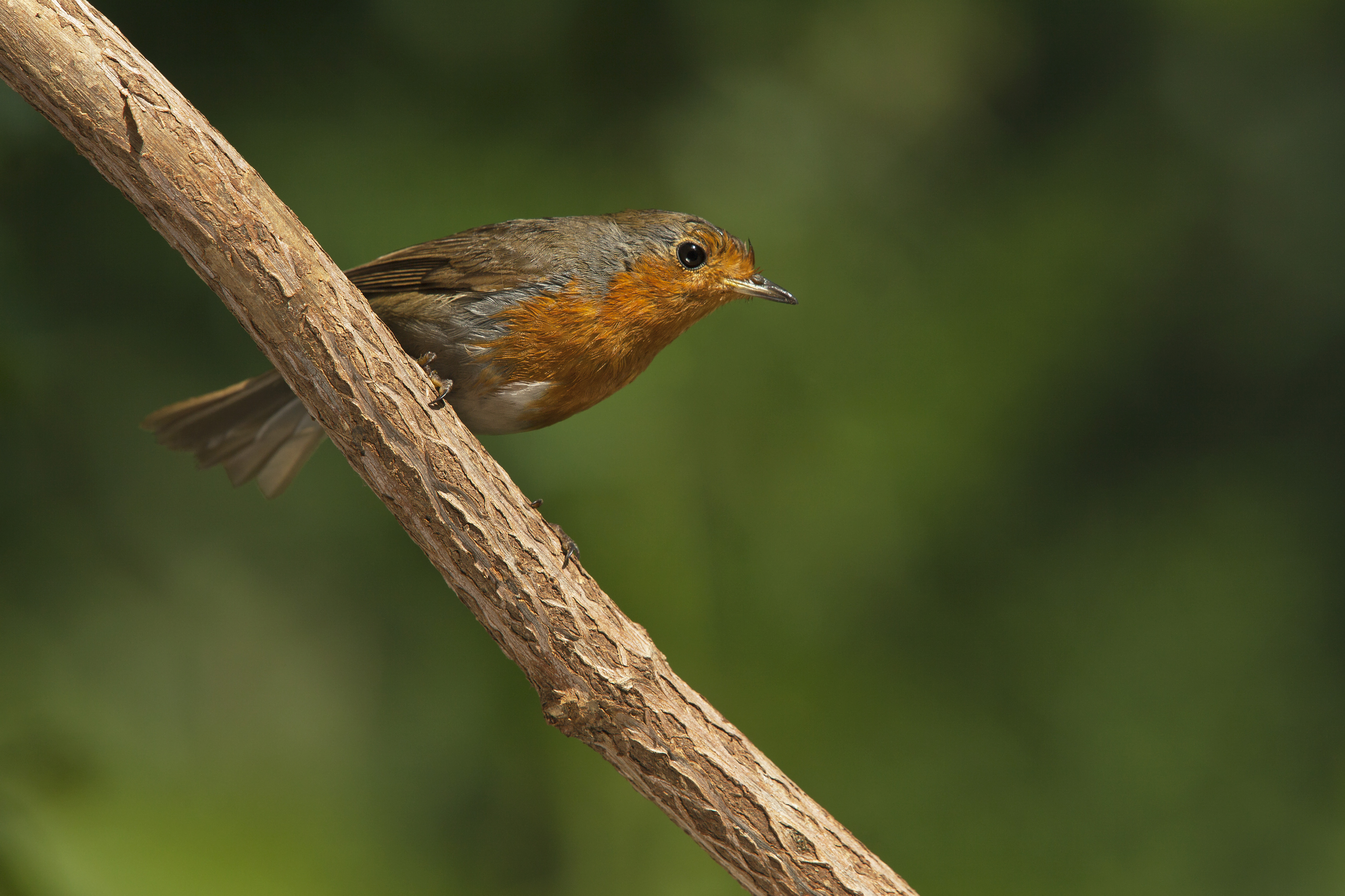
Dunnock
The dunnock is a slightly understated bird, but it has a beautiful song. It's a sweet, high-pitched twiddling melody given in short verses. Dunnocks like to sing from posts or other prominent perches. Take a listen...
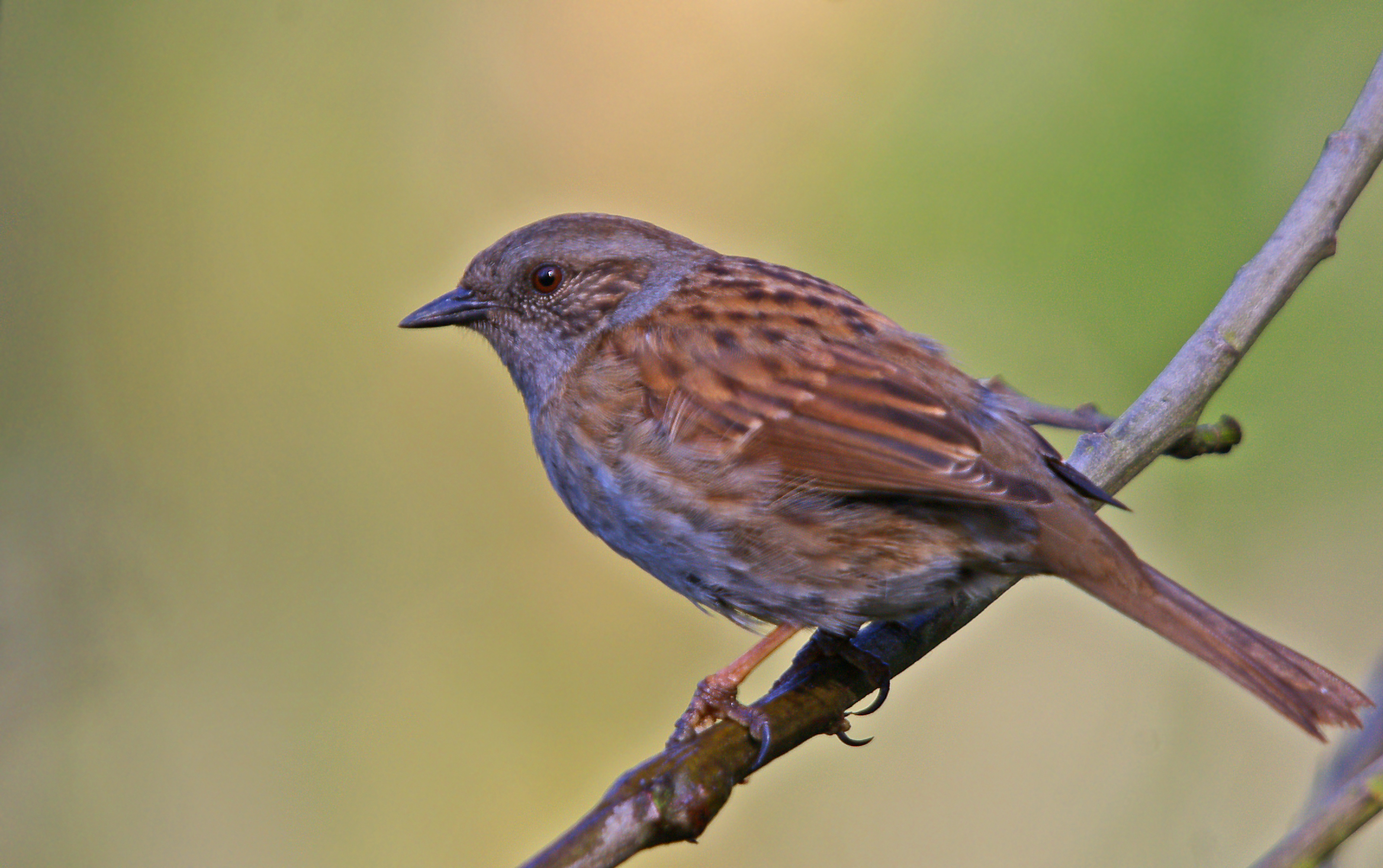
Blackcap
This migrant warbler has one of the finest voices in the dawn chorus. Its song begins as a chattering warble, before breaking into louder, clearer flute-like notes. Take a listen...
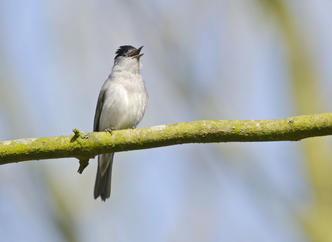
Garden warbler
This skulking warbler is more easily heard than it is seen. Its song is very similar to a blackcap's, but it tends to sing in longer verses. Its chattering warble flows up and down like a babbling brook, without reaching the clear, flute-like finale of a blackcap. Take a listen...
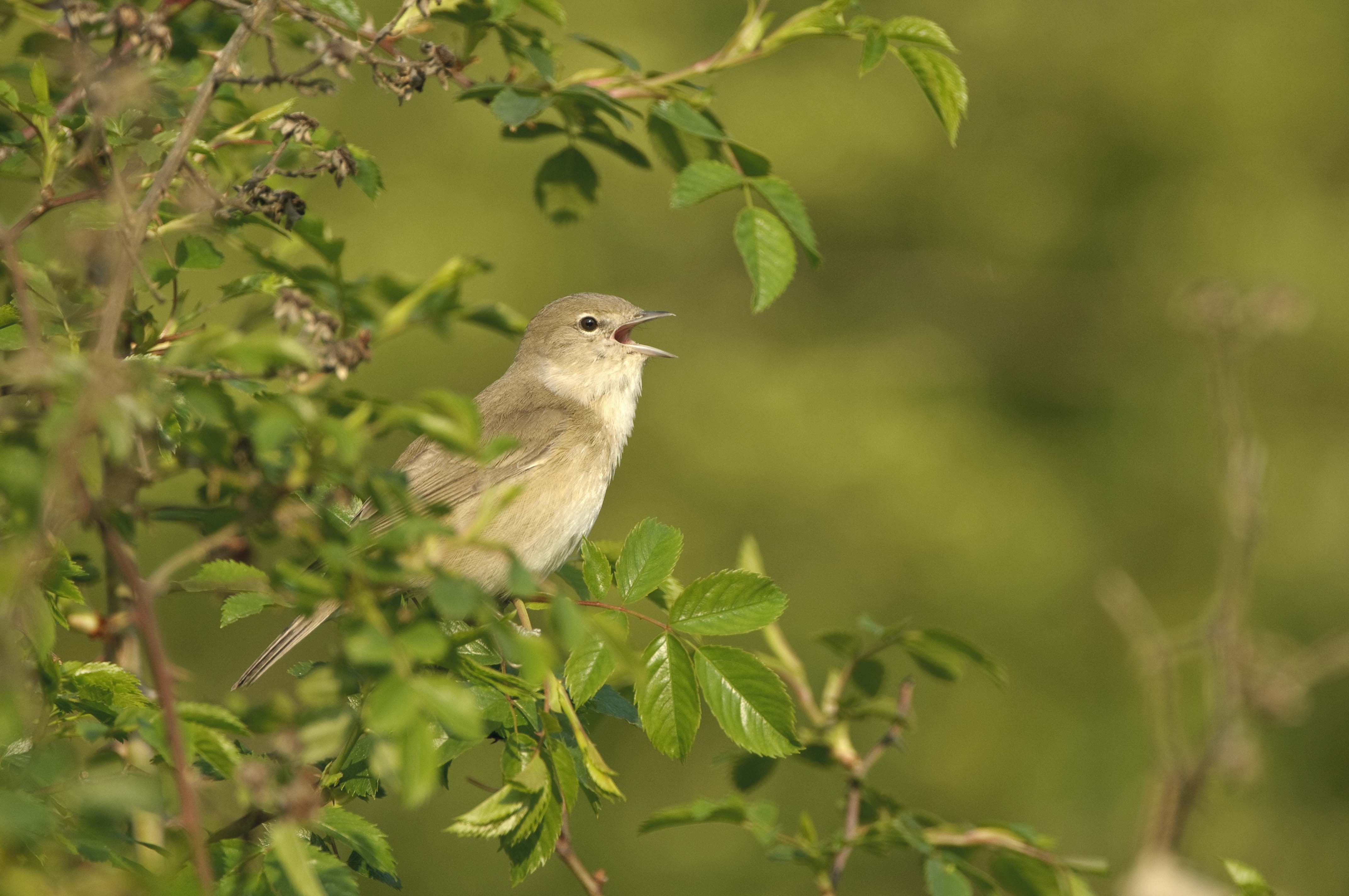
Chiffchaff
One of the most easily recognised voices in the dawn chorus. The chiffchaff's song is a repetitive "chiff chaff, chiff chaff, chiff chaff", occasionally with an extra note mixed in. Take a listen...
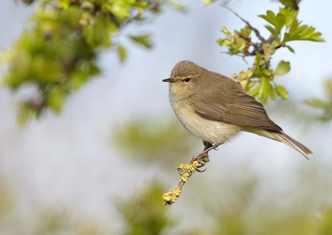
Willow warbler
This warbler looks very similar to the chiffchaff, but is easily told apart by its voice. Its song is a beautiful, descending scale. Take a listen...
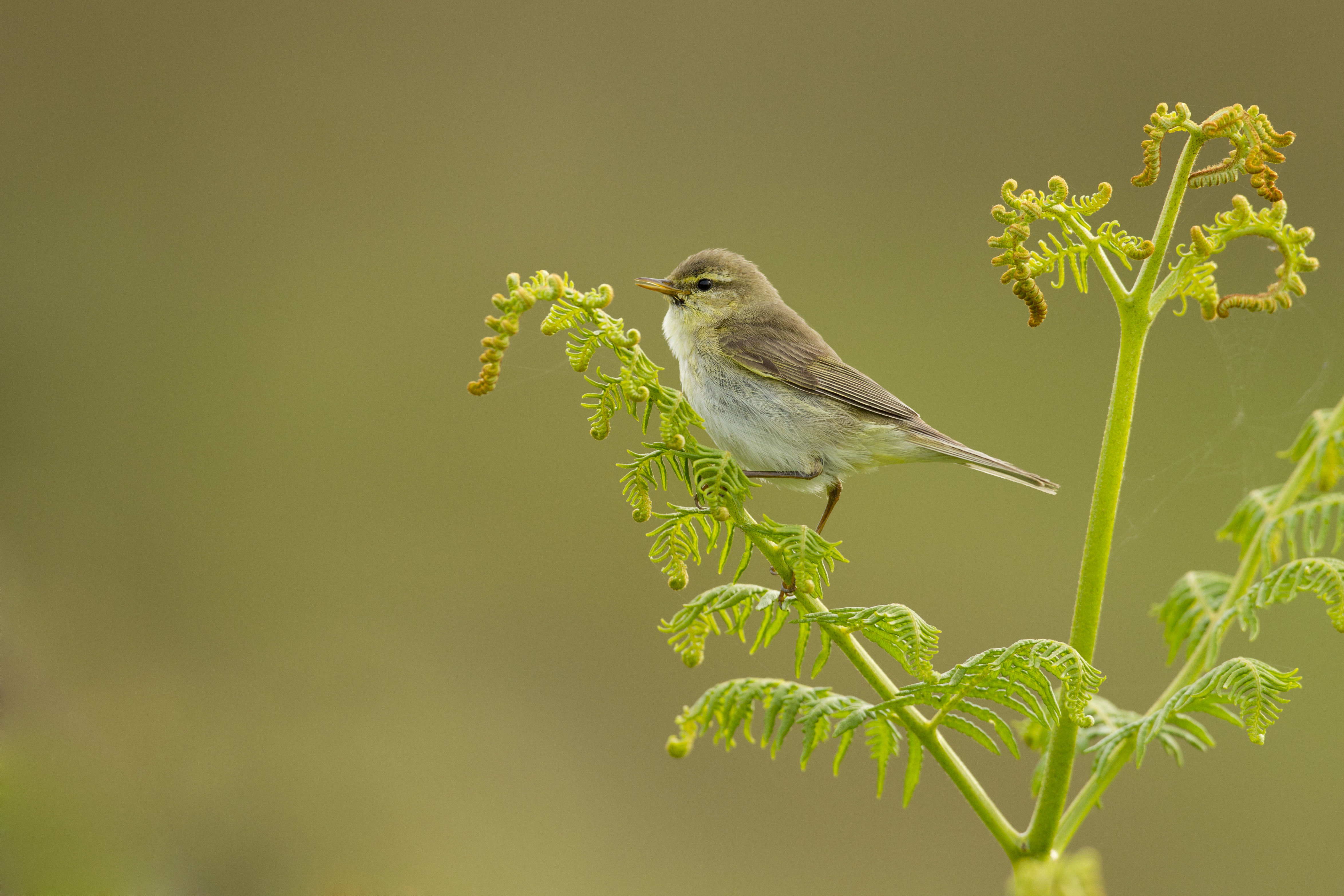
Blue tit
Blue tits are a common sight in parks and gardens, so the bright, enthusiastic song is likely to be heard often. It's a series of sharp notes followed by a trill. Take a listen...
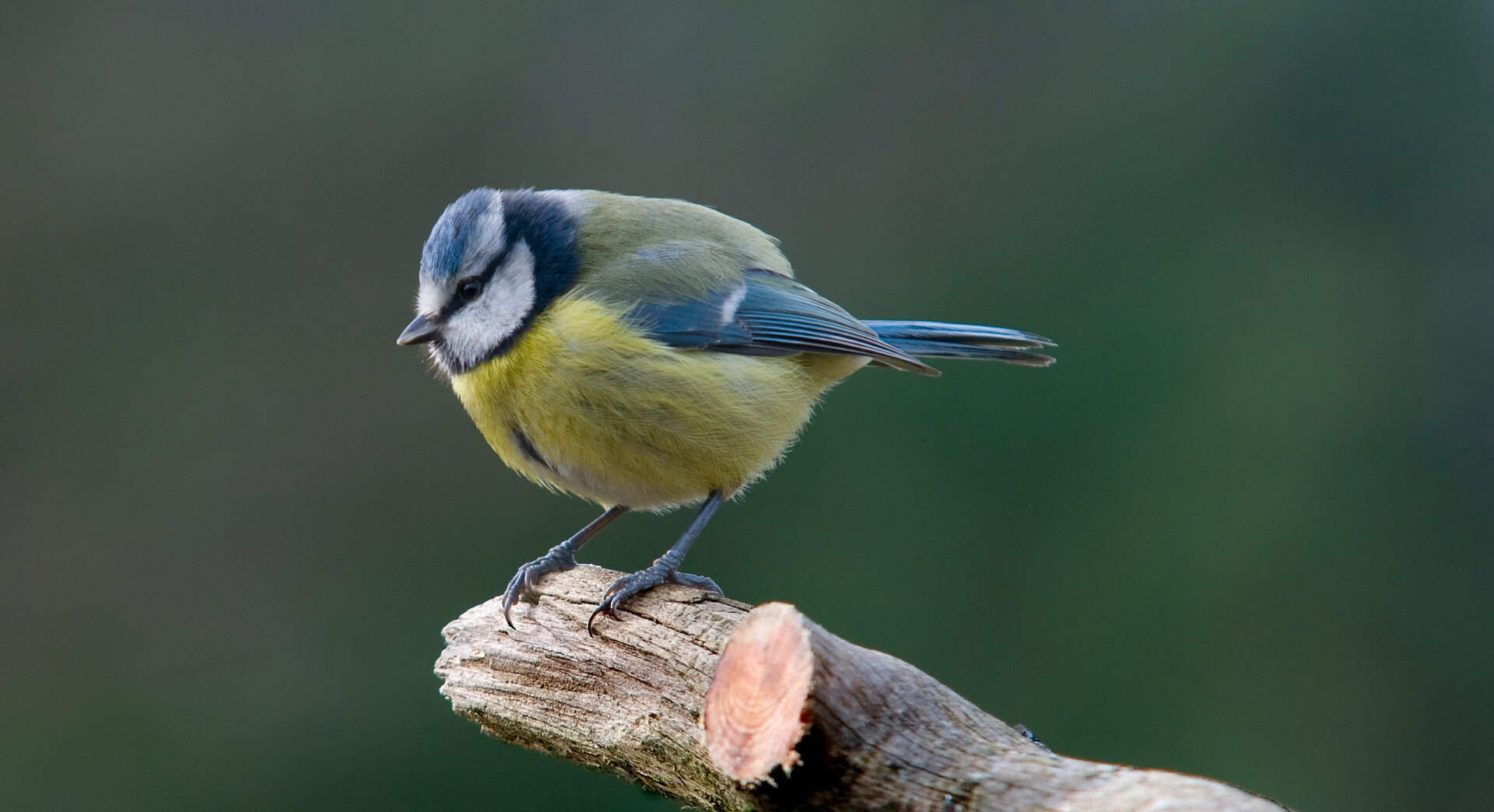
Great tit
Great tits sound like they're rocking between two notes. Sometimes one note, sometimes three, sometimes scratchy, sometimes not. Take a listen...
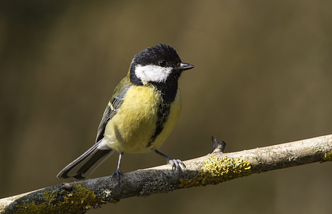
Coal tit
A coal tit's song is similar to a great tit's, but thinner and less confident. It sounds like it is saying something like, ‘Itsy witsy teeny weeny.’ They will often sing from a conifer, or from a dense stand of ivy. Take a listen...
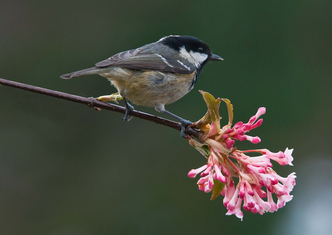
Chaffinch
Chaffinch song is a tumbling series of notes followed by a flourish at the end. Take a listen...
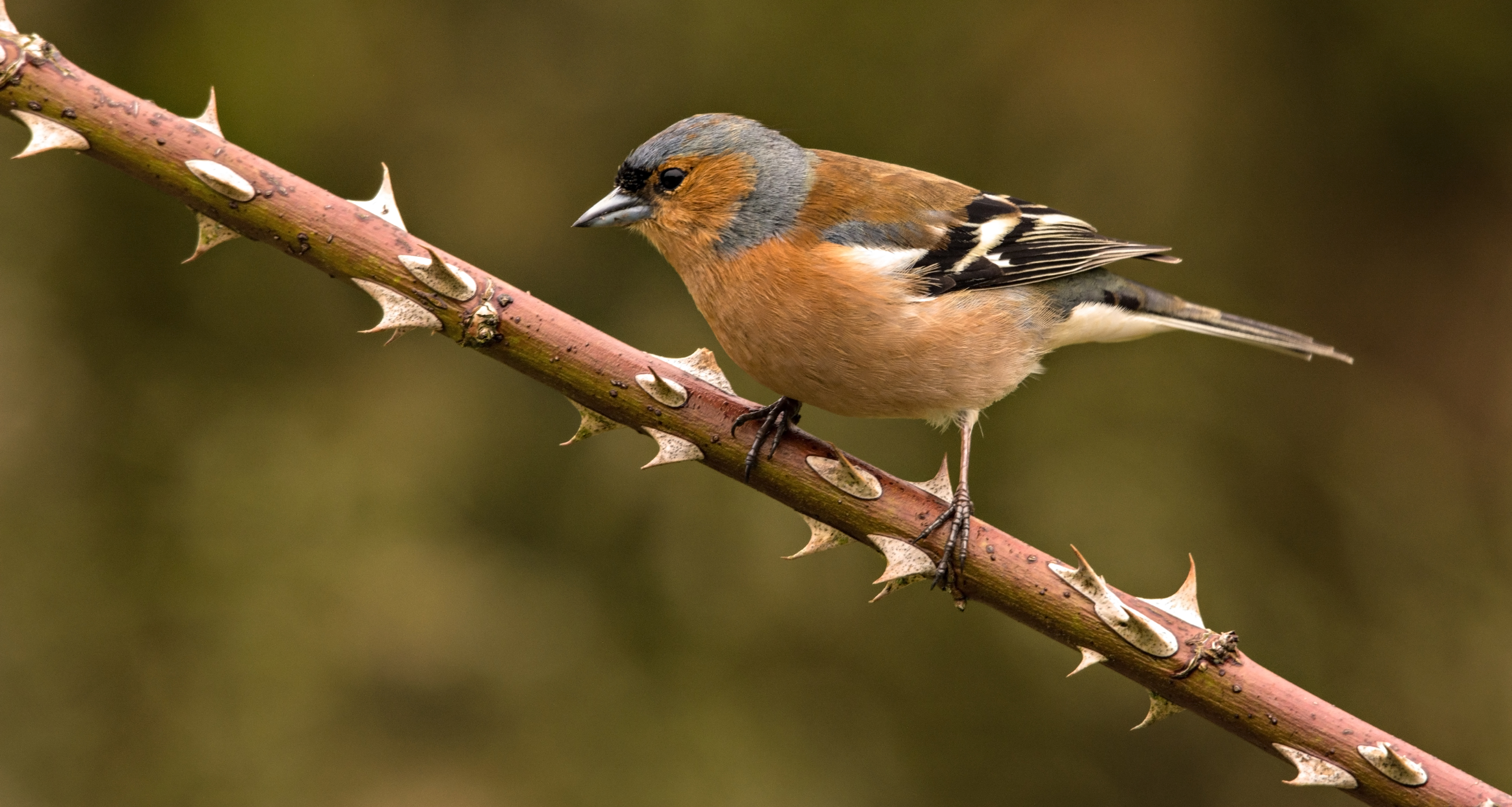
Greenfinch
Greenfinches have two parts to their song, with a nasal wheeze and a beautiful twittering, liquid trill. Males will sometimes sing in the air, flickering around in circles with a very bat-like flight. Take a listen...
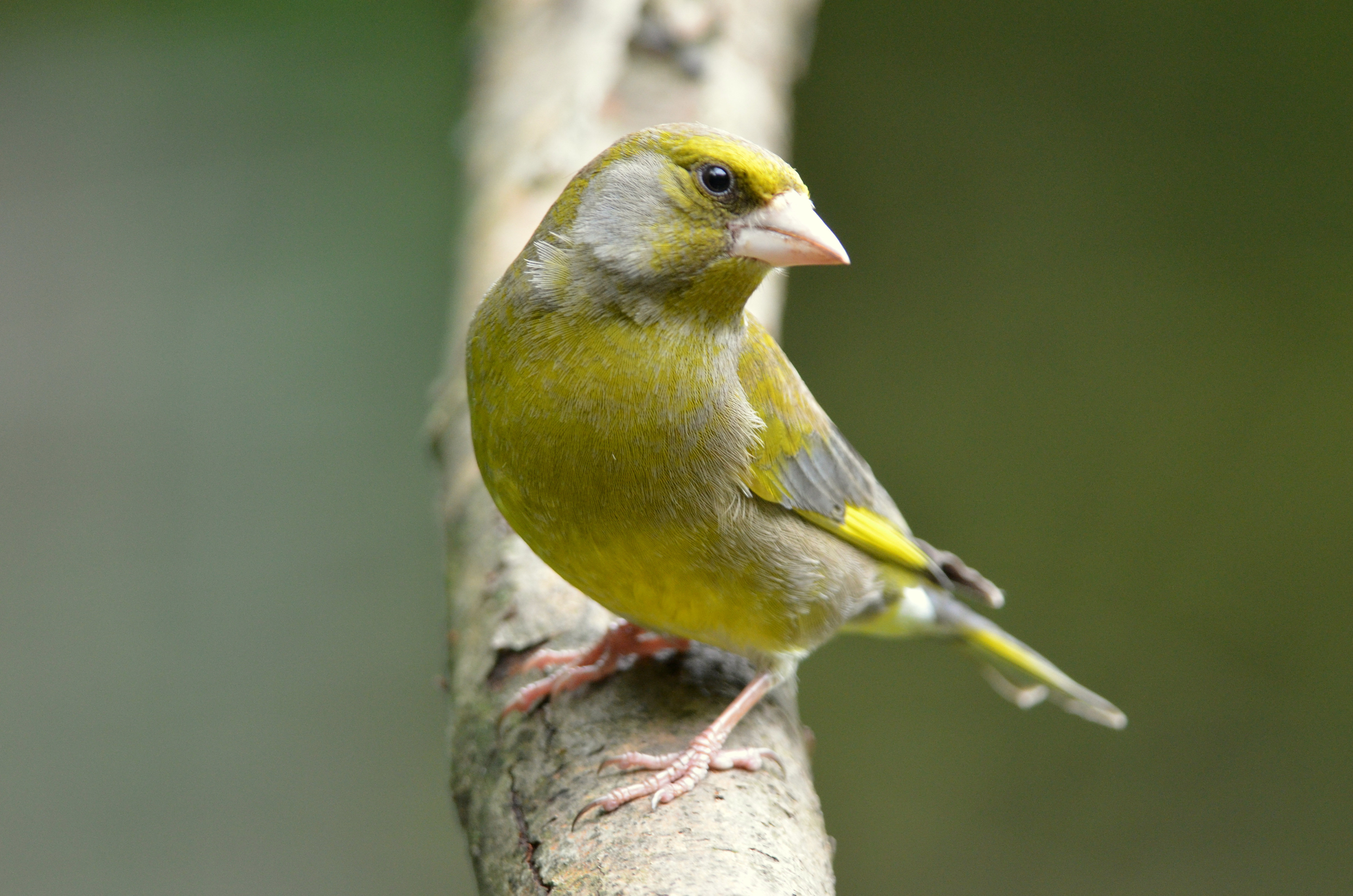
Wren
For such a small bird, wrens have an incredibly loud song. It's a high-pitched series of whistles with a rolling rattle towards the end. The sound often seems to burst out of the undergrowth. Take a listen...
